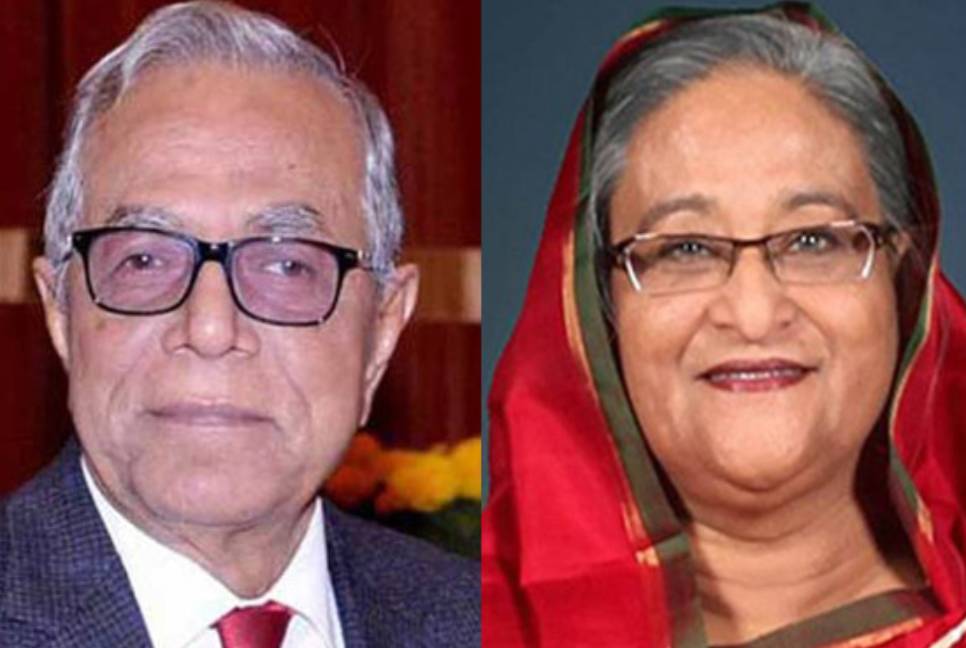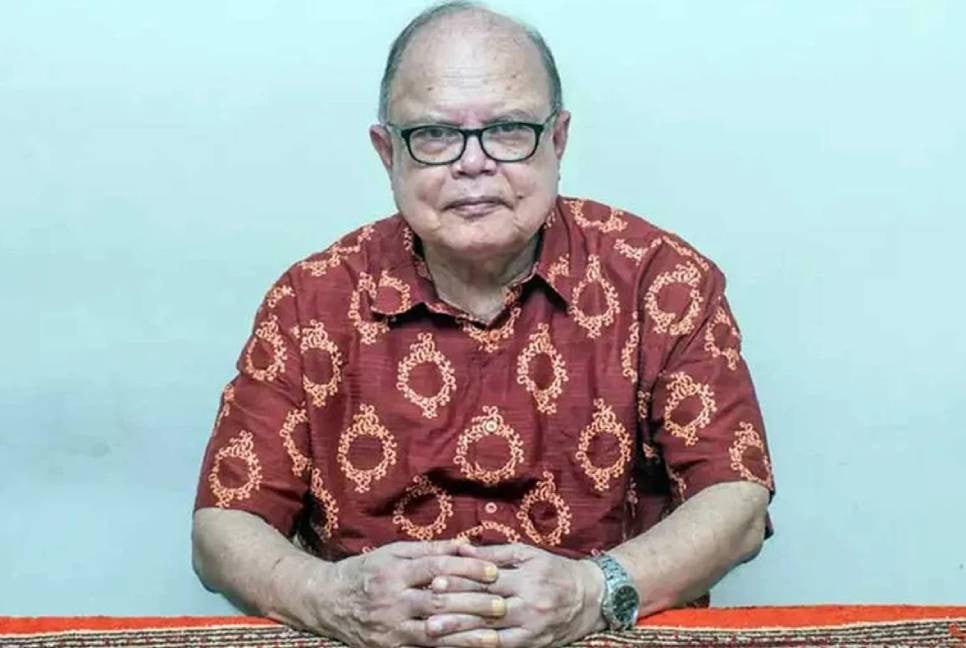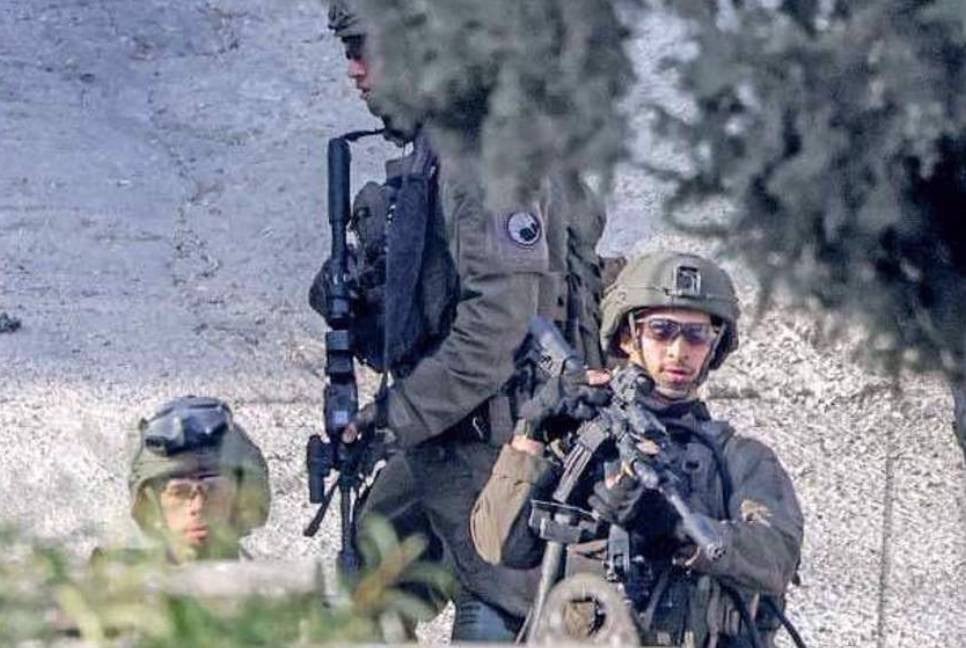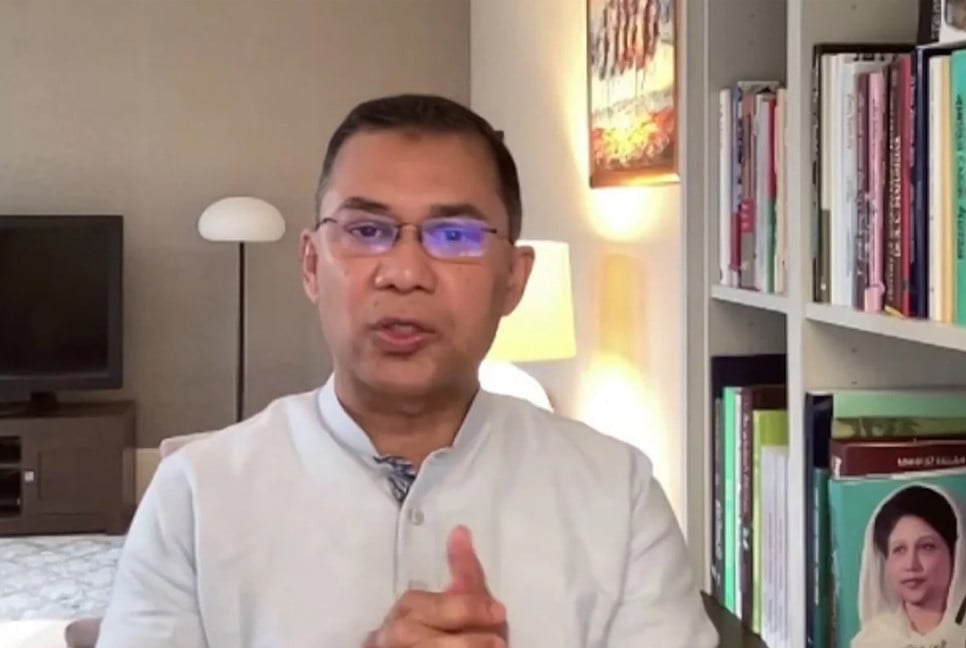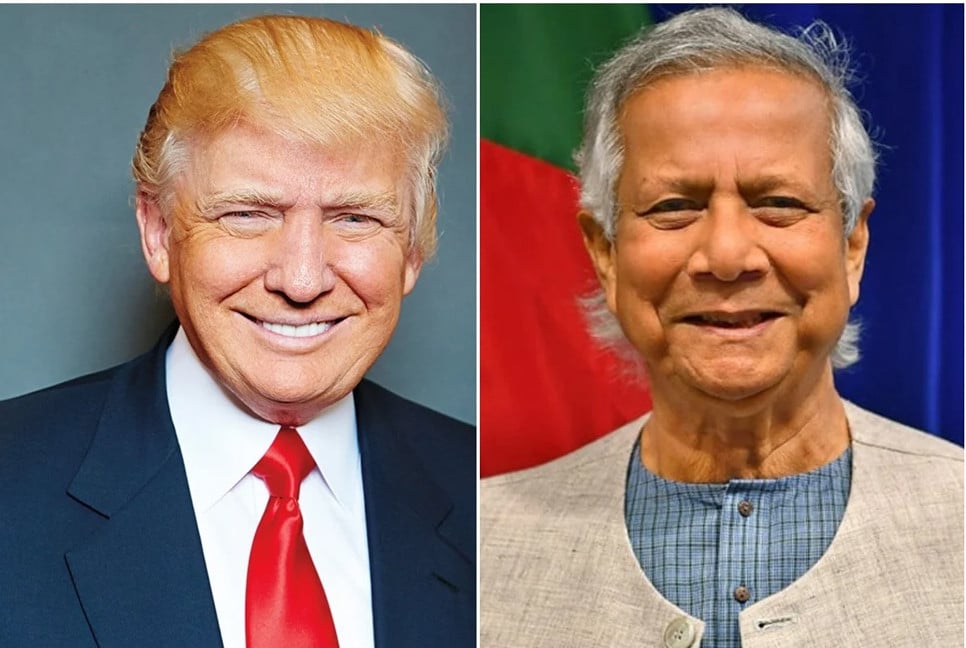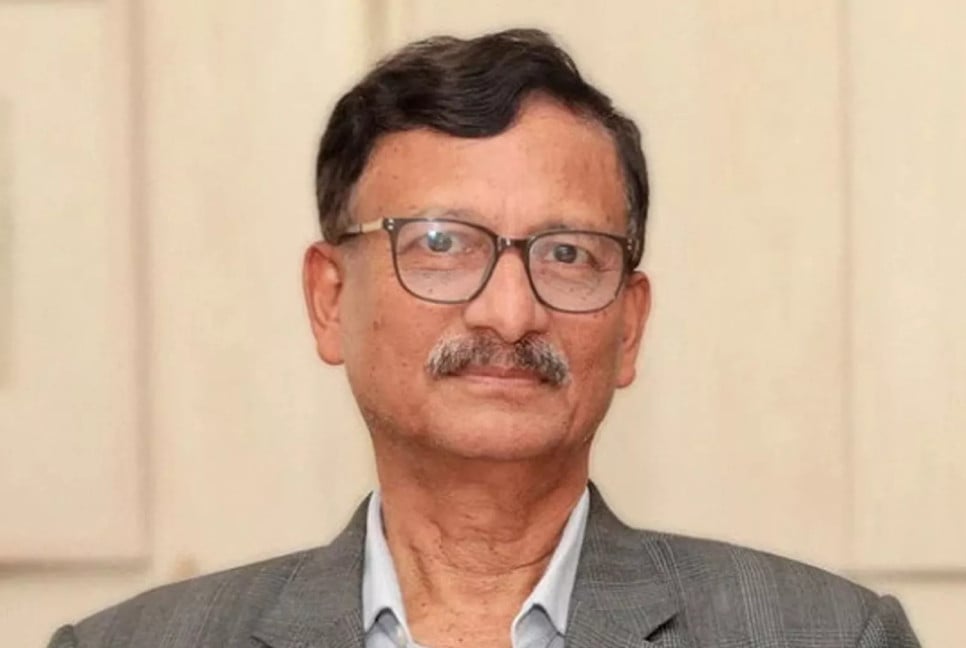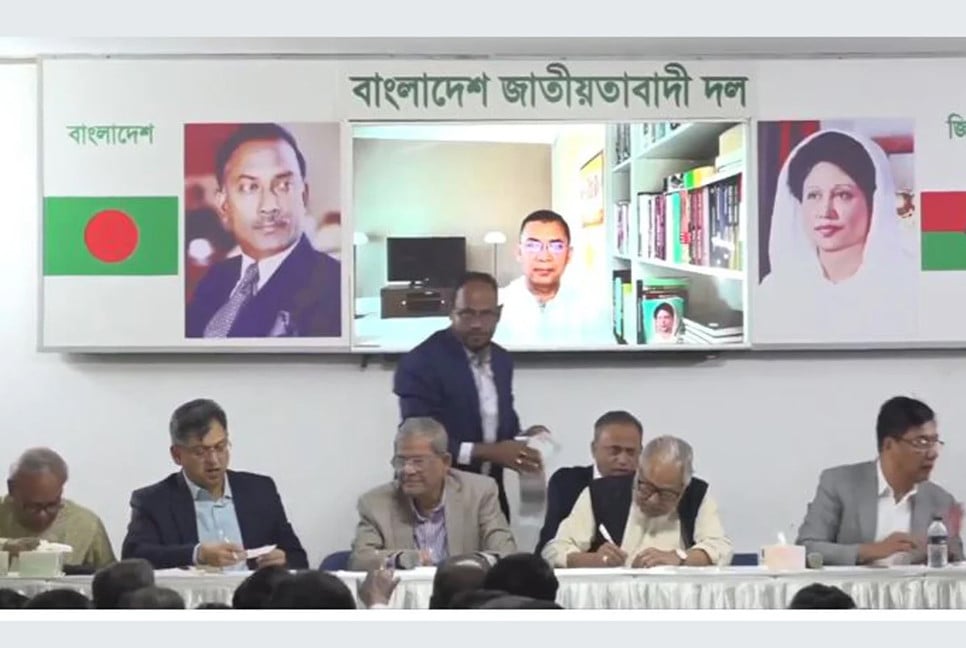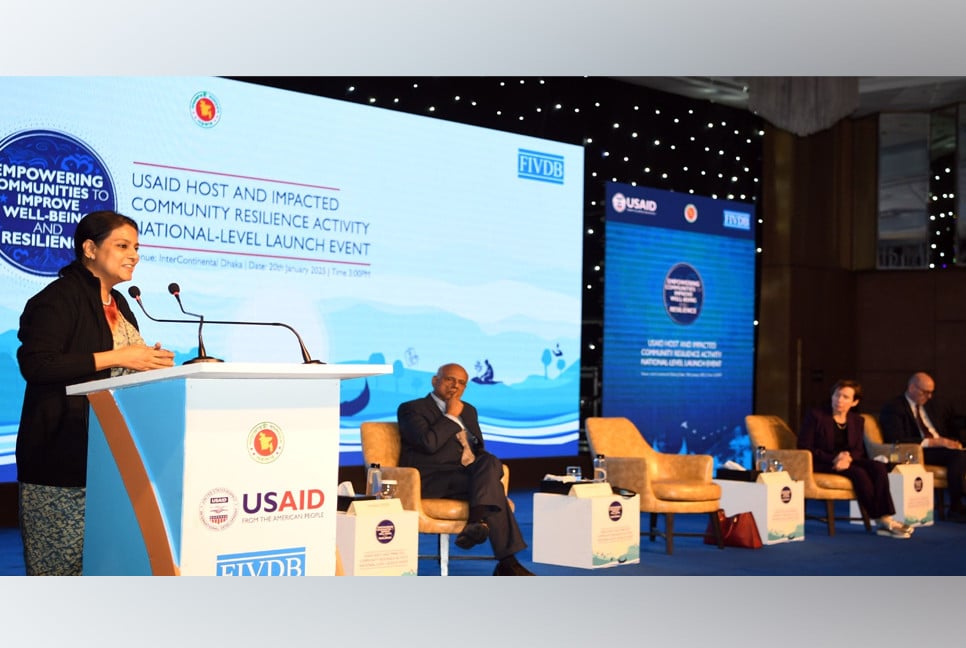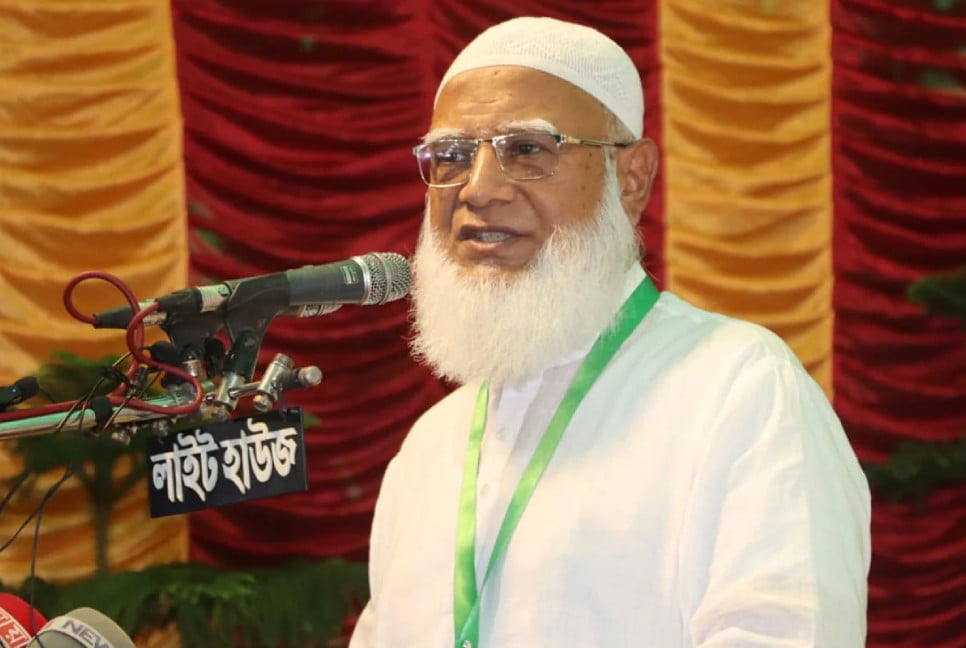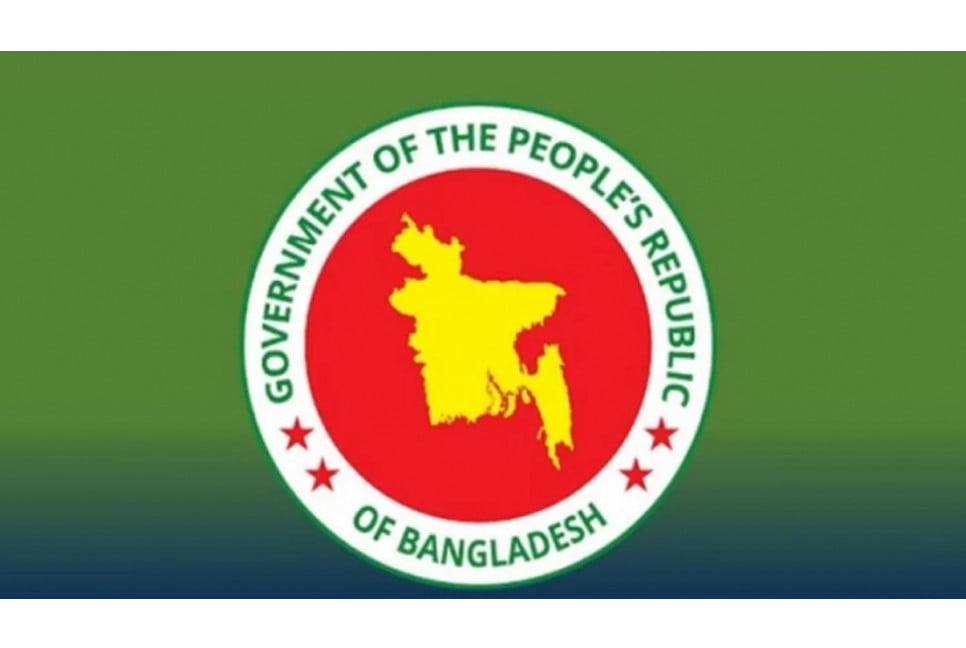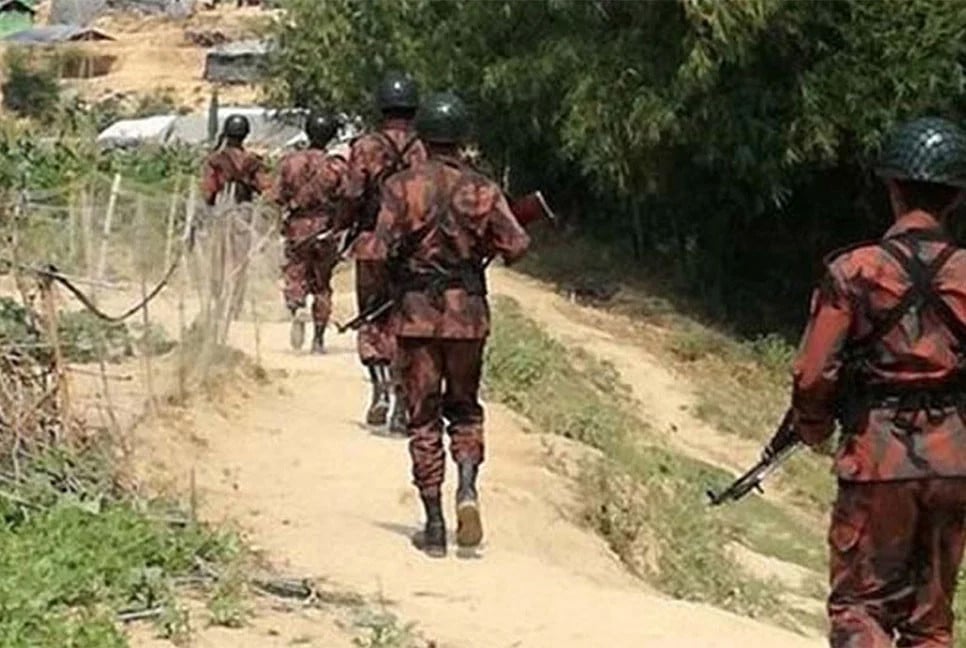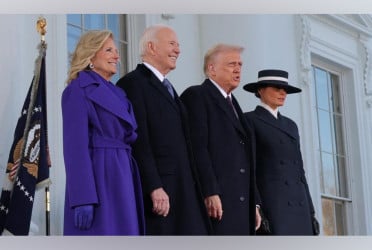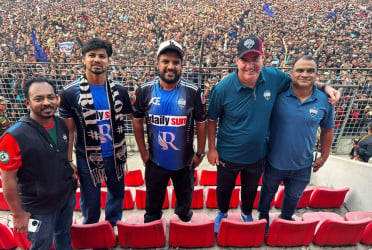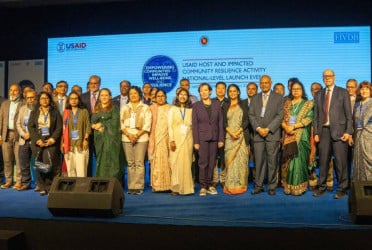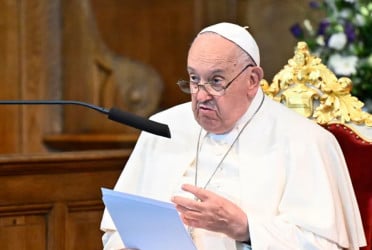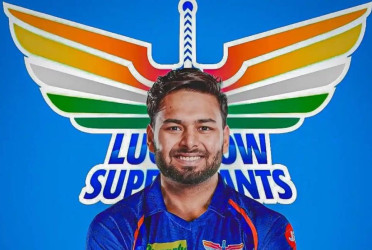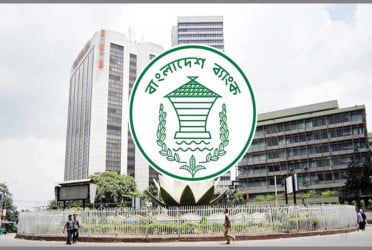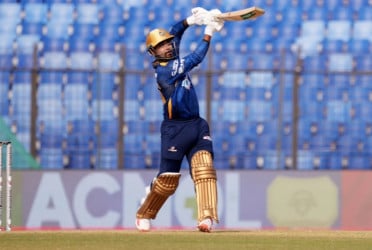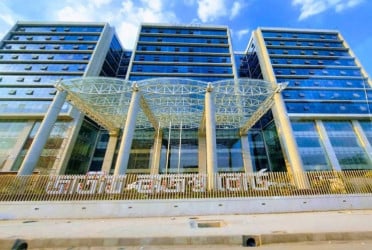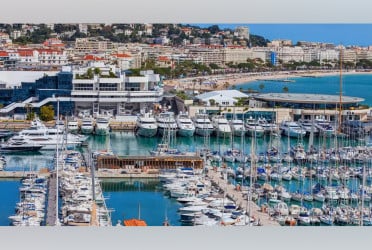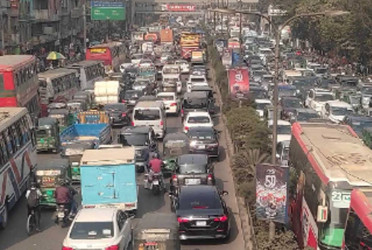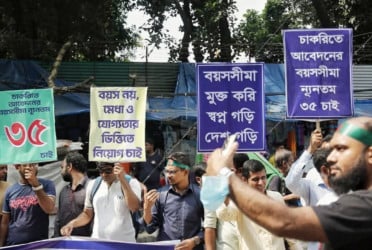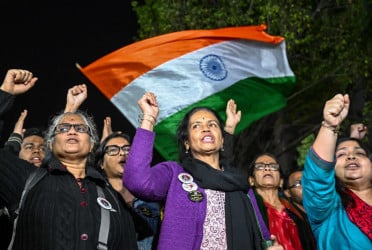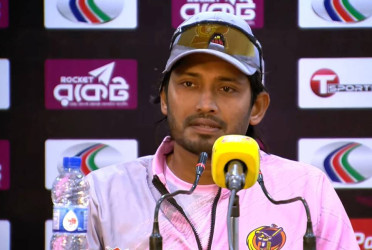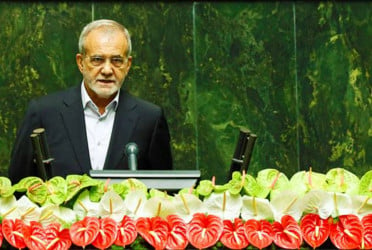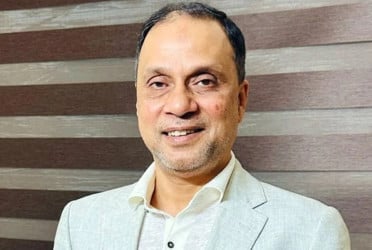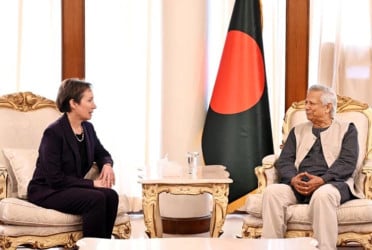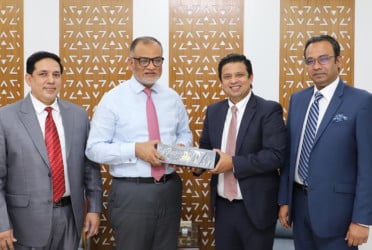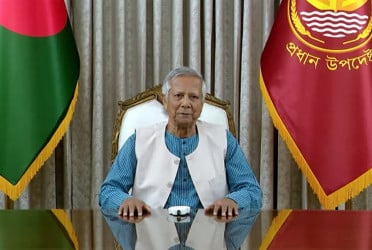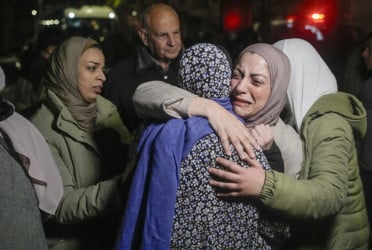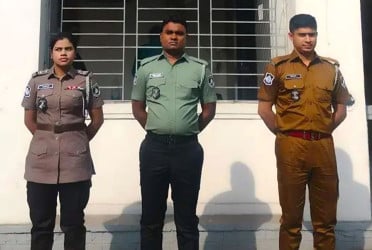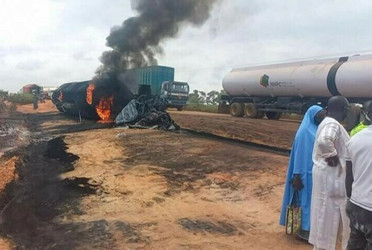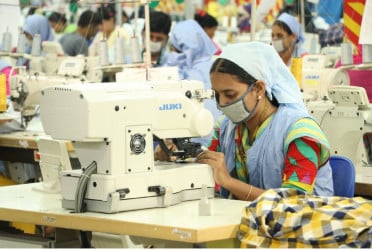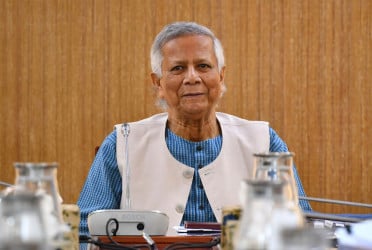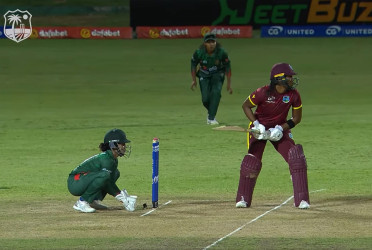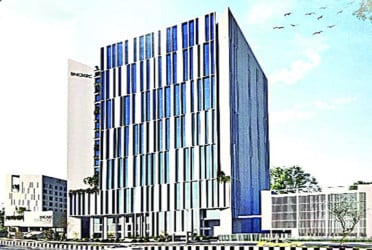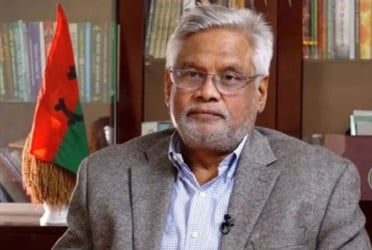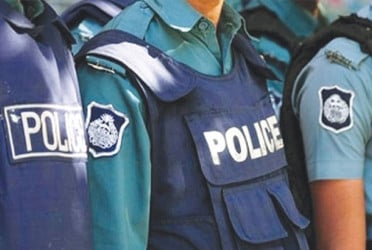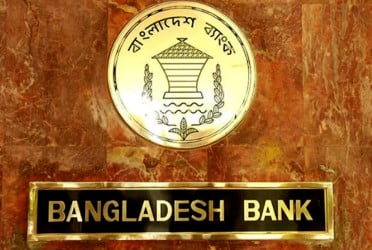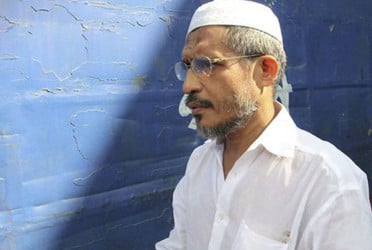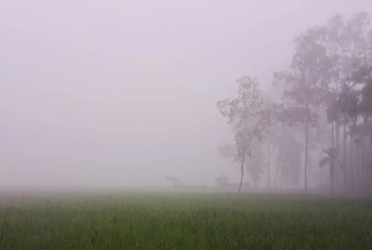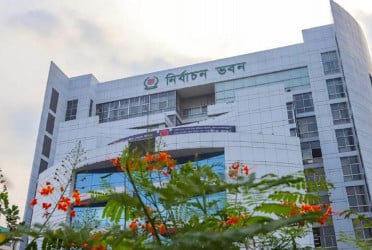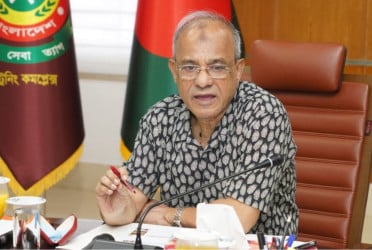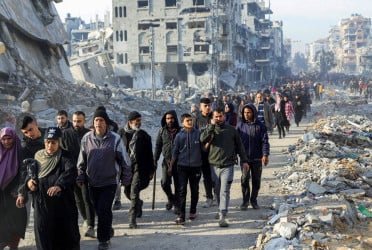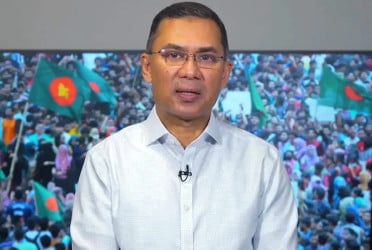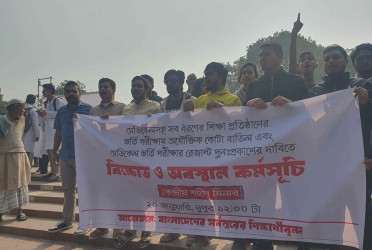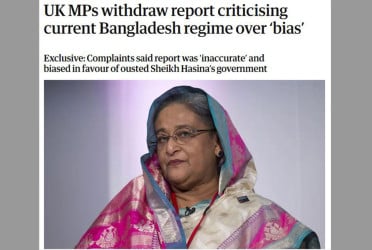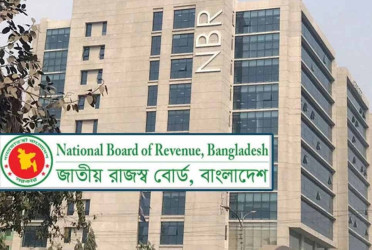President M Abdul Hamid and Prime Minister Sheikh Hasina have paid rich tributes to four national leaders on the occasion of Jail Killing Day on November 3, recalling their immense contributions to the War of Liberation and the nation.
On the eve of the day, in separate messages, they also prayed for eternal peace of the departed souls of the four national leaders, reports BSS.
In his message, Abdul Hamid said Father of the Nation Bangabandhu Sheikh Mujibur Rahman's close aides four national leaders - Syed Nazrul Islam, Tajuddin Ahmed, Captain M Mansur Ali and AHM Qamaruzzaman -- were brutally killed by anti-liberation forces inside the Dhaka Central Jail on November 3, 1975.
"I pay deep respect to their memories," he added.
Noting that the country's independence was achieved under the leadership of Bangabandhu, the undisputed leader of the Bangalee Nation and the architect of Independent Bangladesh, he said Bangabandhu proclaimed the independence of Bangladesh on March 26, 1971, and eventually, the Liberation War started at his call.
When Bangabandhu was imprisoned in Pakistan jail during the Liberation War, the president said in absence of Bangabandhu the four national leaders made an outstanding contribution in forming the Mujibnagar Government, devising war strategy and tactics, carrying out administrative activities, conducting the Liberation War, carrying on diplomatic efforts and keeping an eye on refugees to turn the Liberation War into a people's war in 1971.
"The nation will always remember the contributions of the four national leaders with due respect," the President added.
The head of the state said the anti-liberation clique brutally killed the four national leaders inside the Dhaka Central Jail on November 3 in 1975 in continuation to the assassination of Bangabandhu and most of his family members on August 15 in 1975 to make the nation leaderless alongside jeopardizing the independence and sovereignty of the country.
In her message, Prime Minister Sheikh Hasina termed November 3 a stigmatized day in the history of independent Bangladesh, saying such killing in the jail is unprecedented in the world's history.
She said the killing of the four national leaders were the sequel to the assassination of the Father of the Nation and most of his family members.
Through the hateful killings of Bangabandhu Sheikh Mujib and four national leaders, the defeated forces of the Liberation War and anti-state cliques wanted to erase the name of Bangladesh Awami League forever from the soil of Bangladesh, destroy the spirit of the Liberation War and make the nation leaderless, she added.
Hasina said, "The purpose of the killers was to break the state structure of the non-communal democratic Bangladesh and undermine our independence achieved at a huge cost."
She said that the anti-liberation forces started the politics of killing, coup and conspiracy after August 15 in 1975 and proclaimed an indemnity ordinance to save the confessed killers.
Ziaur Rahman, after grabbing the state power illegally, had killed the democracy by imposing martial law, dissecting the constitution, awarding the killers through rehabilitating them with jobs in Bangladesh missions abroad instead of bringing them under trial and giving citizenship to the anti-liberation elements and war criminals, she continued.
Hasina said the direct and indirect patrons of the 1975's conspirators and killers grabbed the state power for the next 21 years, the head of the government said, adding that the illegal rulers distorted the history of the great Liberation War and pushed the country backwards.
Bd-pratidin English/Golam Rosul

